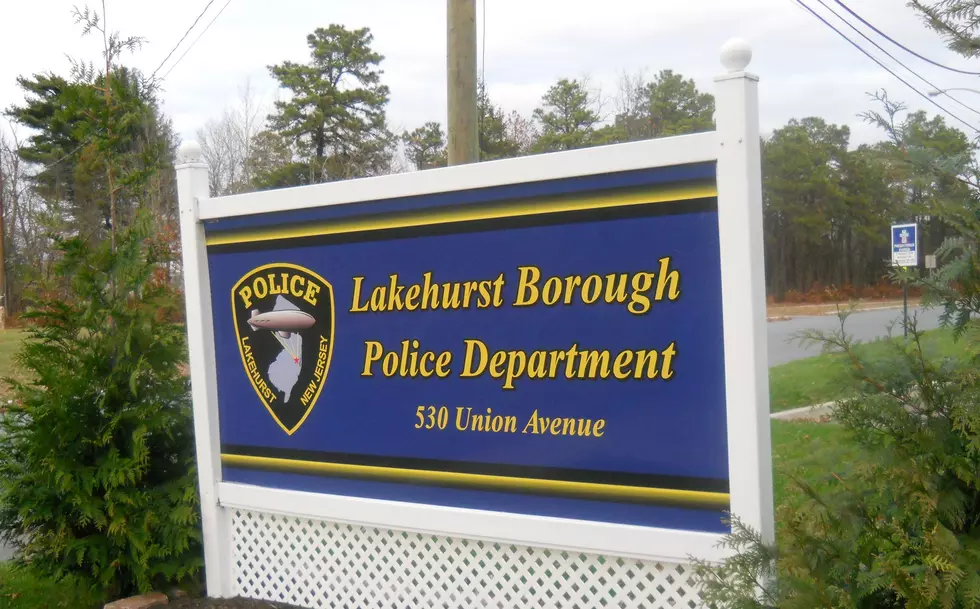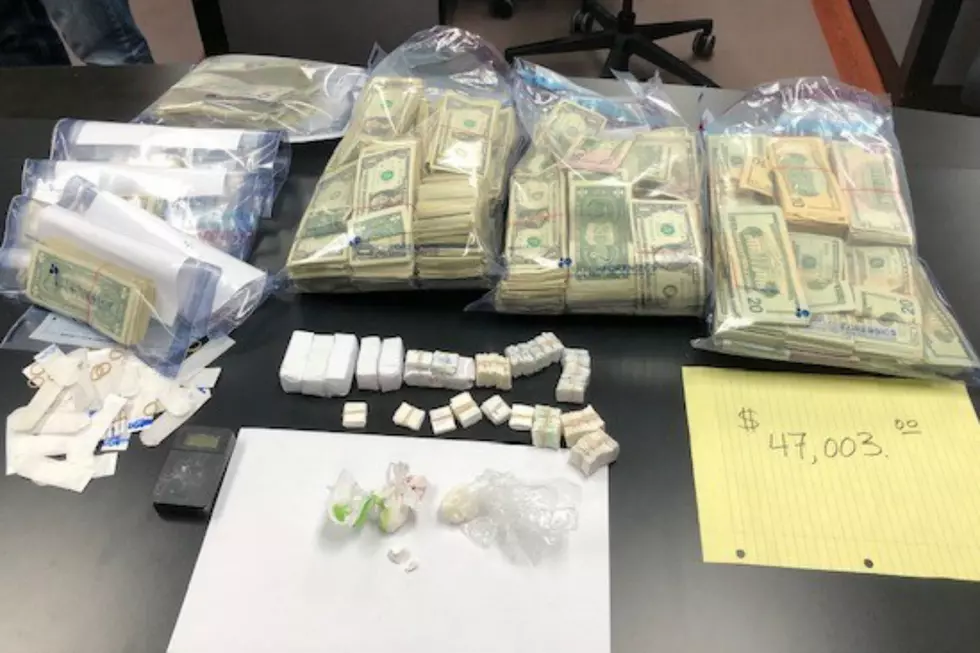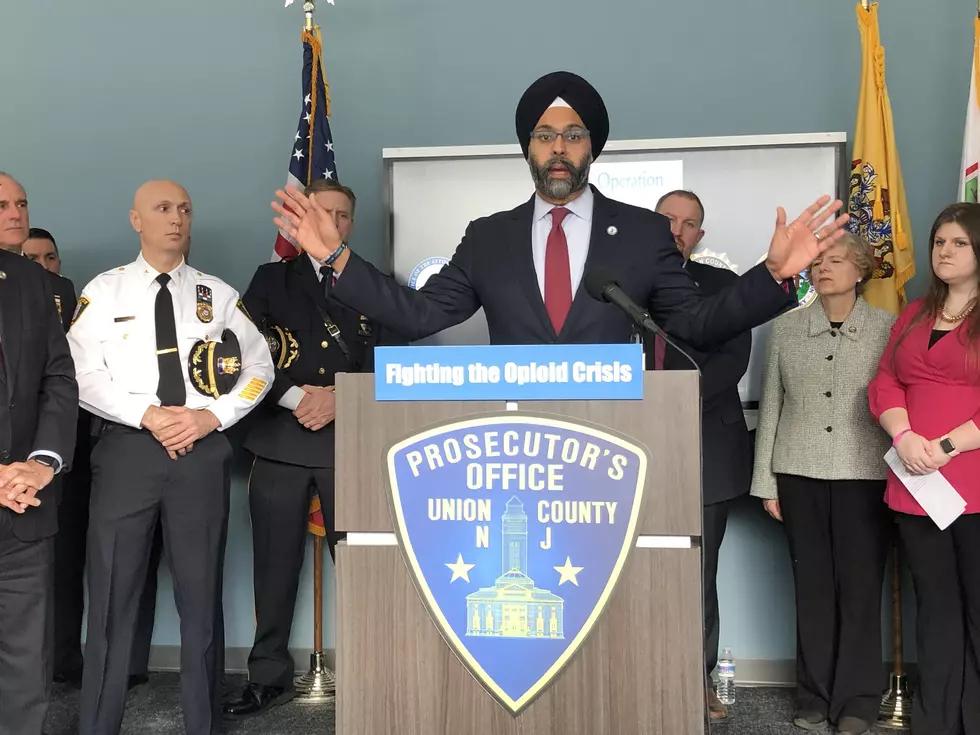![Treatment options for drug-addicted teens [AUDIO]](http://townsquare.media/site/385/files/2014/06/RS5675_134145208.jpg?w=980&q=75)
Treatment options for drug-addicted teens [AUDIO]
For many parents finding out their son or daughter has a serious substance abuse problem can be shocking and dismaying, but according to the experts, there are treatment options available. They advise a quick consultation with a professional, and then follow-up treatment, which is available immediately, despite what you may have heard.
"It's frustrating to hear stories about how there's a waiting list for treatment, that is true for adults but it is not true and it has not been true for adolescents," said the executive director of Daytop New Jersey, Jim Curtin.
He pointed out there are publicly funded beds available, "and when a kid is addicted to heroin typically that's what they need - the safe haven of a residential treatment program. Young people don't need to go to Florida or they don't need to go to pricy rehabs in Pennsylvania or south Florida, there are beds, quality programs available to them right here in our state."
Curtin said substance abuse and addiction problems need to be addressed as quickly as possible so they don't spiral out of control.
"I can tell you the average young person that enters the Daytop residential centers is 16 years, nine months, and they're reporting a primary drug of choice as heroin or another opiate, mainly the prescription pain pills - that is staggering," he said.
The bottom line, Curtin said, is "once you become addicted and that heroin takes strong hold of all aspects of your life, it becomes an ugly life, a pitiful life."
Angelo Valente, the executive director of the Partnership for a Drug Free New Jersey agreed that parents should not hesitate to get help.
"There are many people both in the schools, school counselors that are available, as well as people in hospitals and treatment facilities that really are the people you need to turn to," he said.
After that, he pointed out "it's really determined by that professional with a family, with a child what the next course of action is, in some cases we find the best course of action to take is to be involved in a long term facility, there's been a lot of success that have come out of long term facilities."
Even if long term treatment isn't needed, Valente said the importance of communication between parents and their kids.
"Talk to your children for 15 minutes a day, not about substance abuse prevention, but about anything, and you start to understand what's going through their minds," he said.
Valente said the earlier we identify the problem as parents, the earlier that we're able to work with our children and support them, and the earlier that we are able to provide them with treatment, and "I think is really the way in which we're going to have success with young people."
Click below to view the first four stories in the “Drugs and Our Kids” series:
More From New Jersey 101.5 FM









